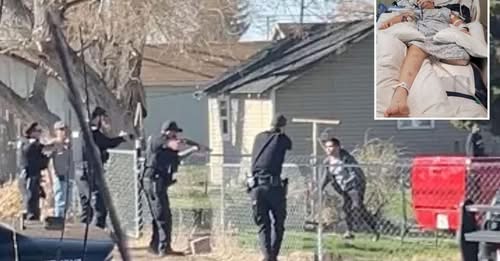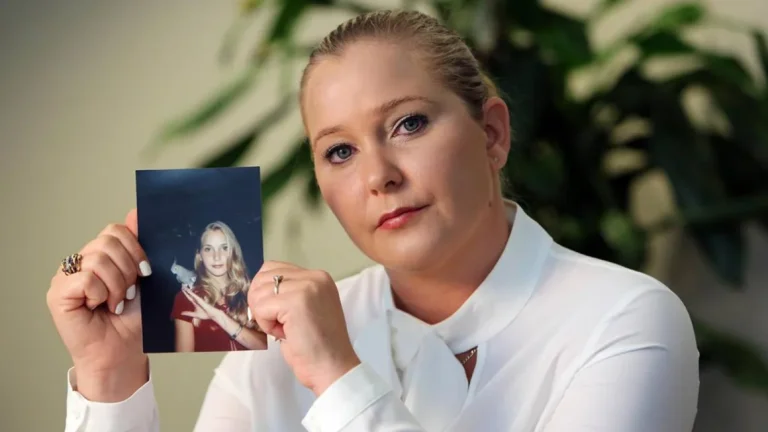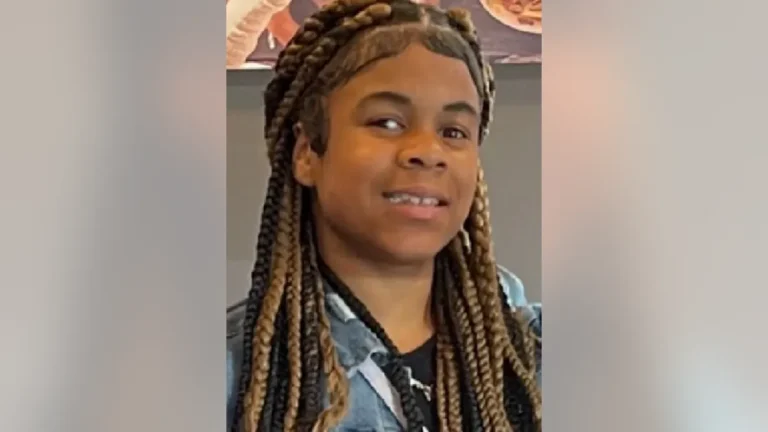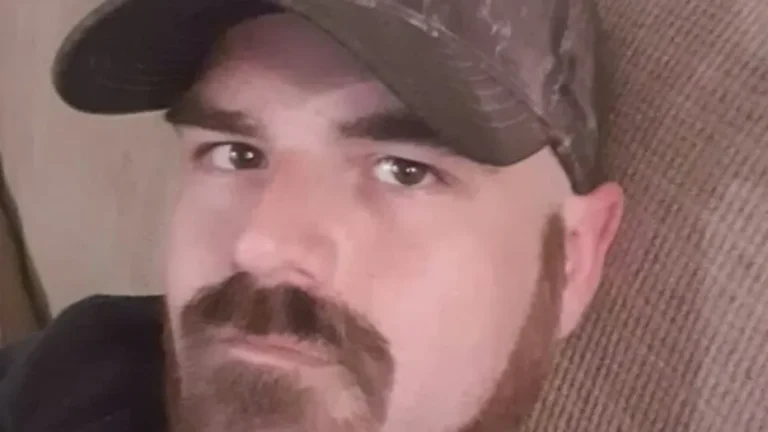
Outrage and Grief in Idaho Falls as Autistic, Nonverbal Teen Shot Multiple Times by Police Dies After Being Taken Off Life Support; Family and Advocates Demand Justice, Transparency, and Reform in Handling Mental Health Crises
A heartbreaking tragedy in Idaho has sparked outrage and grief across the nation after a 17-year-old autistic and nonverbal boy was fatally shot by police while holding a knife behind a chain link fence. The teen, whose identity has not been officially released by authorities but is known to the family and local community, died on Saturday after being removed from life support, his family confirmed in an emotional statement.
The incident unfolded earlier this month when officers with the Idaho Falls Police Department responded to a 911 call about a disturbance involving a juvenile. According to preliminary reports, the teen was reportedly experiencing a mental health crisis at the time of the encounter.
Police say they encountered the boy near a residential area, behind a chain-link fence, holding what they later confirmed was a kitchen knife. Officers issued verbal commands for him to drop the weapon. Body camera footage, which has not yet been publicly released, reportedly shows the teen remaining behind the fence while police stood on the other side. Despite the physical barrier separating them, officers opened fire — striking the boy multiple times.
Paramedics rushed the teen to a local hospital, where he was placed on life support. After days of intensive care and little brain activity, his family made the agonizing decision to remove life support on Saturday. He was pronounced dead shortly thereafter.
“A Life That Deserved Understanding, Not Bullets”
The boy’s family described him as gentle, curious, and in need of care — not confrontation. They say he had the cognitive understanding of a much younger child and could not process or respond to commands the way others might expect. His autism and inability to speak made it nearly impossible for him to communicate distress, fear, or compliance during such high-stress interactions.
“He wasn’t a threat — he was scared, confused, and unable to understand what was happening,” said his mother in a tearful statement. “We called for help because we were worried about his safety, not because he was dangerous.”
Civil rights organizations and disability advocacy groups have condemned the shooting, calling it another example of a systemic failure to adequately train law enforcement officers in dealing with neurodiverse individuals and people with disabilities.
Investigation Underway, Public Demands Accountability
The Idaho State Police and an independent oversight committee have launched investigations into the shooting. The officers involved have been placed on administrative leave pending the outcome. Idaho Falls Police Chief Jared Dalling expressed condolences to the family during a press conference but refrained from commenting on the specifics of the incident.
“We understand the community’s concern and sadness. This is a tragic situation, and we are committed to transparency and a full investigation,” Dalling said.
Community members held a vigil Saturday night at the site of the shooting, placing candles, photos, and messages along the fence where the teen was shot. Protesters gathered in silence, holding signs that read “He Needed Help, Not Bullets,” and “Justice for Disabled Lives.”
Legal experts note that the use of lethal force against someone who was both behind a fence and clearly mentally impaired raises serious questions about proportionality and necessity.
A Call for Reform
The tragedy has reignited national conversations around the need for better mental health crisis response systems, including the use of trained crisis intervention teams, social workers, and de-escalation specialists in situations involving individuals with mental or developmental disabilities.
“What happened here should never happen again,” said Maria Lopez, a disability rights advocate. “Police are too often the first — and only — responders to situations they are not trained to handle.”
The boy’s family has indicated that they plan to pursue legal action against the Idaho Falls Police Department and are calling for the release of body camera footage to the public.
As the investigation moves forward, the community — and the country — are left mourning a life that ended far too soon, and asking difficult questions about how we protect our most vulnerable when they need us most.



